Tomás Saraceno: a scientific mind and a creative soul. Looking to the visionary work of one of the top contemporary artists to create a new behavioural ethics.
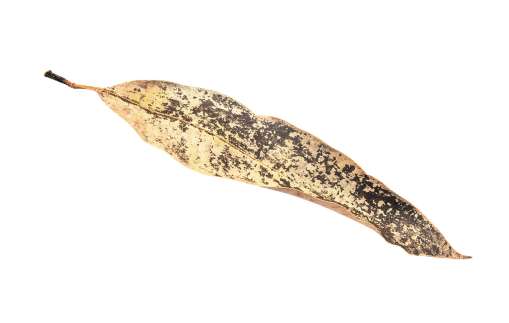
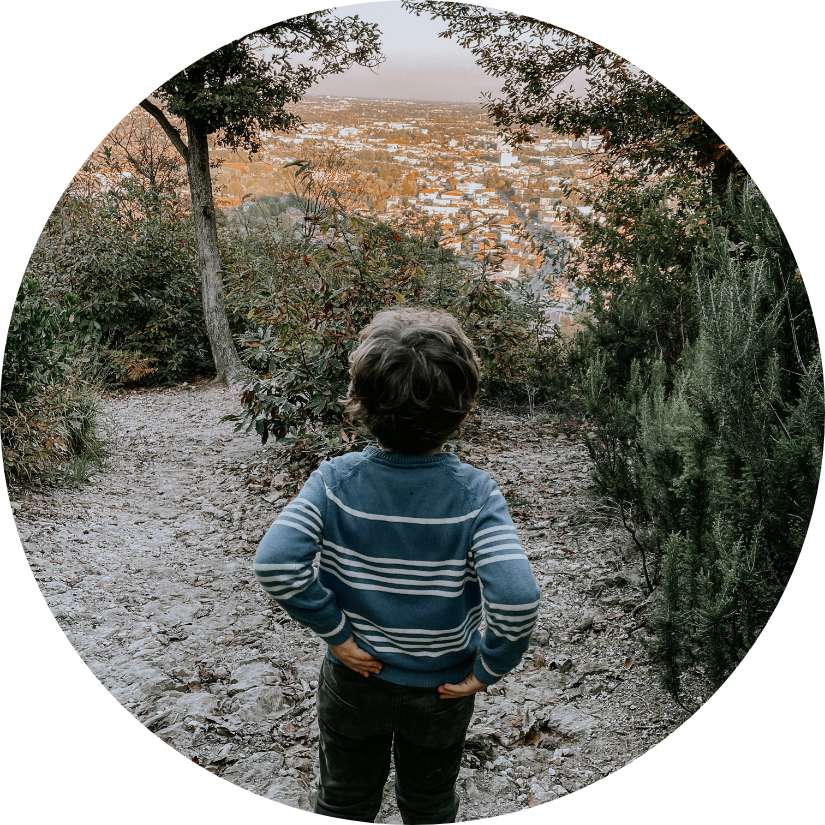
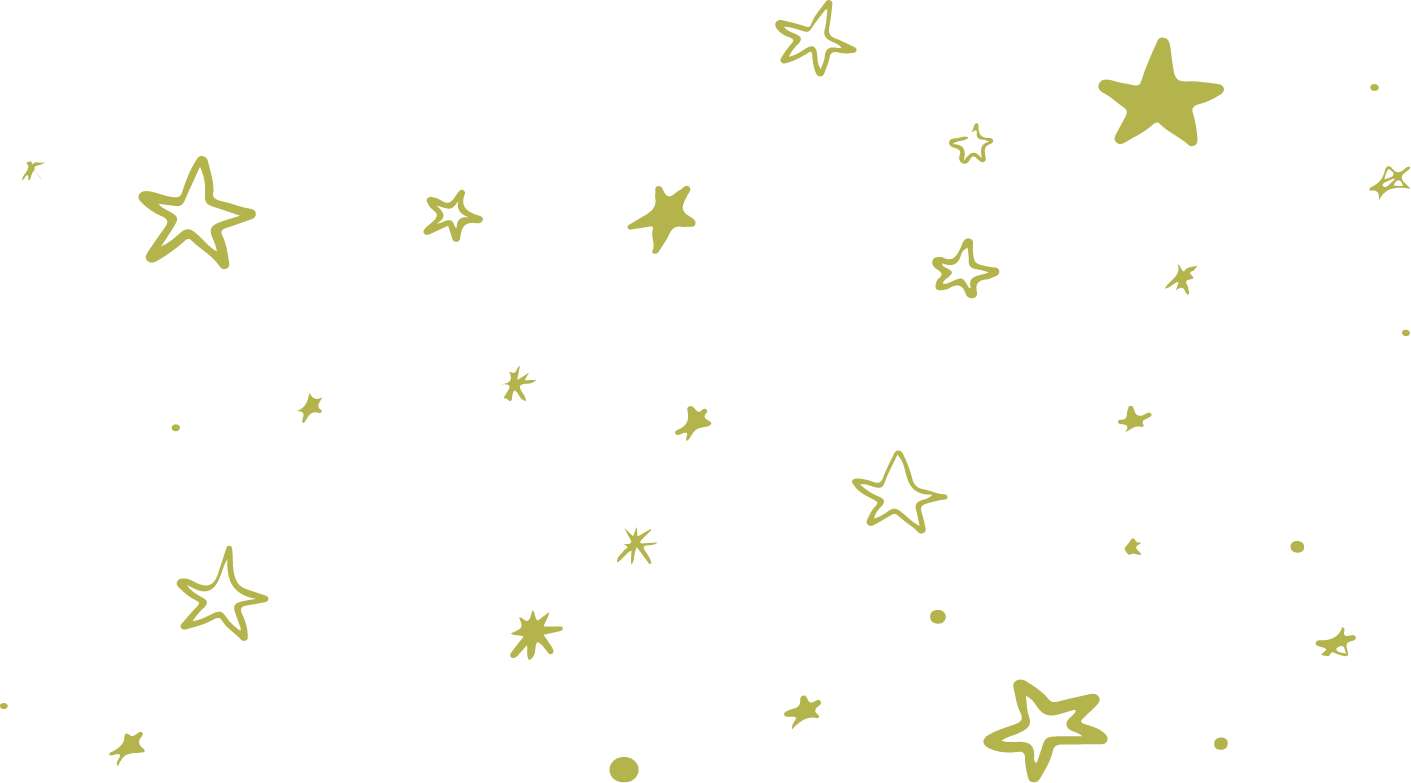



The UN 2030 Agenda has finally made the fundamental role of education a priority in topics related to sustainability, giving it the central role that it had never been given until this point.
Education doesn't "produce", it doesn't contribute immediately to GDP, and it doesn't bring in direct income for those putting it into practice or receiving it. It is a long-term action, and as such, it cannot be included in the normal logic that comes with the world of production and revenue.
However, if it is provided with clear goals and passion, education creates the citizens of tomorrow, those who will approach productive business with awareness and respect, those who will deeply understand nature, the environment and its resources, and will therefore know how to respect and defend it.
Sustainable citizens for their era and for the future.
Goal number 4 of the UN 2030 Agenda aims to "Ensure inclusive and equitable quality education and promote lifelong learning opportunities for all", and this only confirms the central role of education in the growth of every individual, and the search for peace and justice that should be part of every educational undertaking.
These are actions that do not finish with the completion of mainstream education, but continue throughout our lives, evolving with each individual and the world around them.
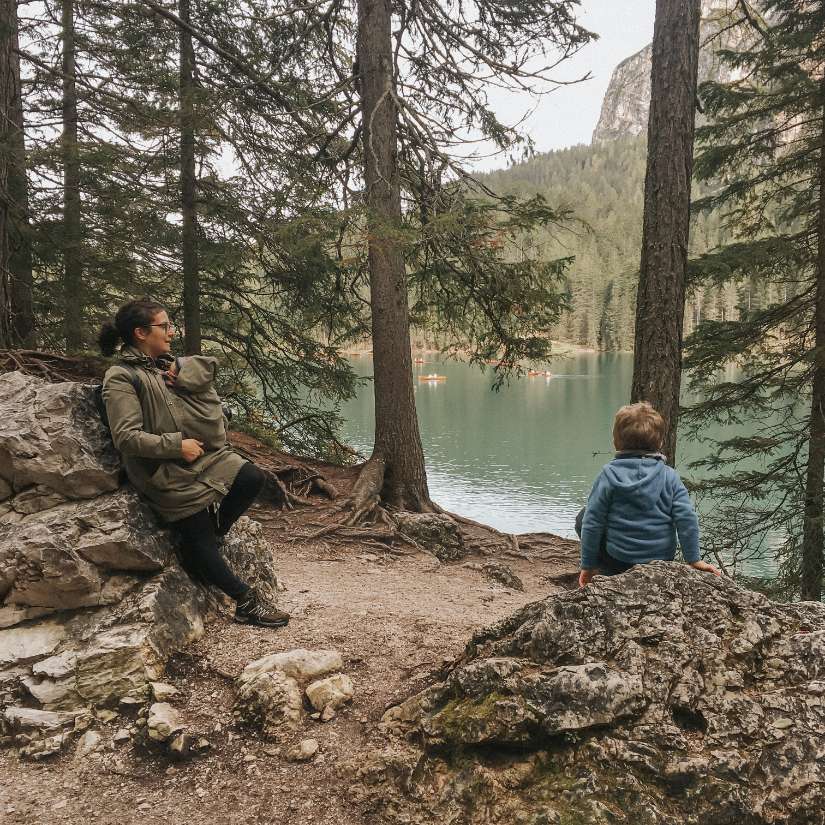
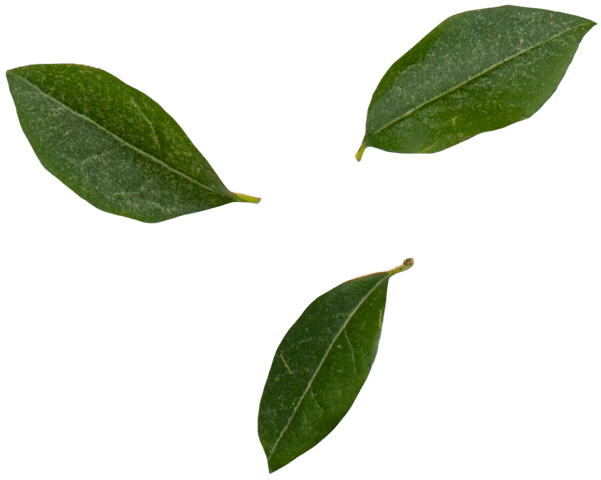
Over the course of the centuries, child education has evolved a huge amount.
Traditional schooling was created at the height of the industrial age, and was designed to educate workers' children to become good workers, and therefore primarily to follow orders. But that's not all: it became a way to shape children, making them into citizens that were respectful and obedient, but not very aware.
Instead, the education on sustainability that we should be pursuing wants the exact opposite: it needs conscious citizens who know how to think independently, know how to make the right decisions, and can therefore contribute actively to the growth and evolution of society.
In order to do this, to create sustainable, active education that is participatory and engaging, we need to rethink the role of children. We need to stop considering them as people without any skills and knowledge, instead seeing them as people with huge potential, which it is our job as educators to cultivate, keeping the flame of knowledge alive.
Connection with nature is fundamental in this, because it is the environment more than anything else that is the greatest educator for children: it teaches peace, calm, observation and concentration.
Nature has always played this role, but it has not always been recognised or appreciated.
It has been explored by great educationalists such as Maria Montessori, whose innovative, revolutionary ideas were taken on (although later silenced) by political leaders.
The fundamental role of nature in education was also addressed by Rudolf Steiner, who, when founding his Waldorf schools, put it at the centre of educational and self-directed learning activities.
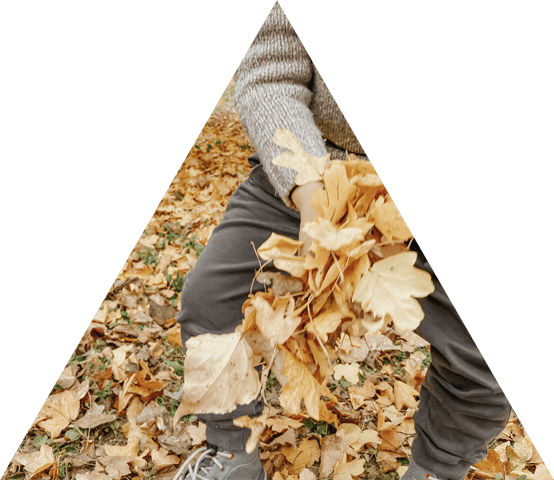
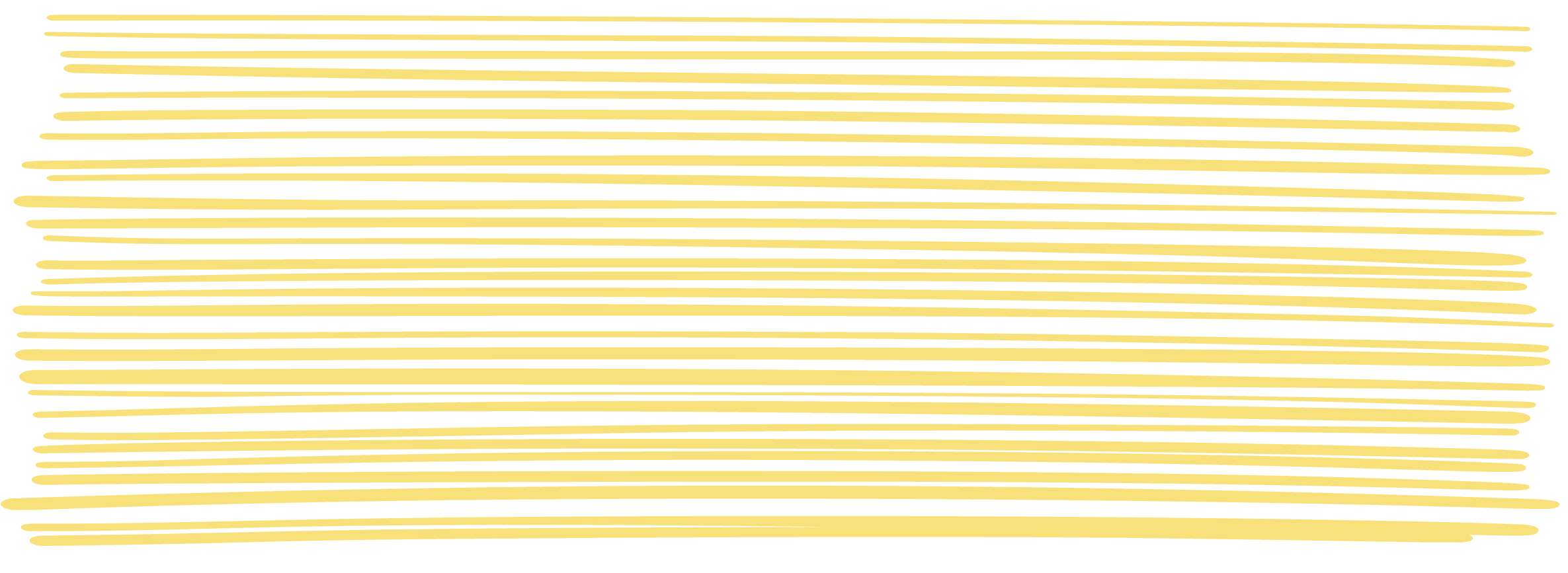
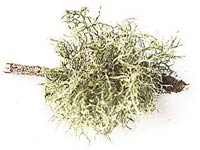
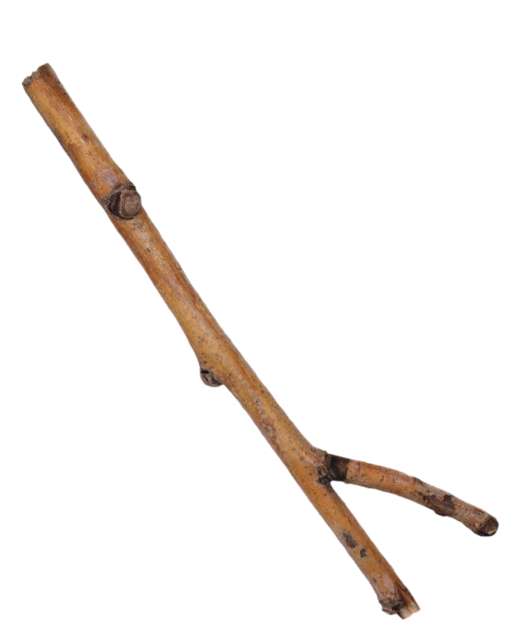
No education can be defined as such if it doesn't involve all the senses, as it isn't multidisciplinary and doesn't allow for experimentation. In this case it is defined as learning, and we are speaking about a different thing.
Education for sustainability is precisely one of the facets of education that cannot be taught purely conceptually, but instead needs examples, engagement and experimentation.
Without examples, we can learn about separate waste collection, but we cannot grasp its value.
Without engagement, we can appreciate a walk in the woods, but we cannot really experience it.
Without experimentation, we can learn the life cycle of insects, but it will not remain impressed in our memory.
Without sustainable, conscious, shared choices, it will be impossible to educate: there will be only cold learning and sterile teaching that doesn't lead to the development of citizens who can carry out the right choices, only individuals who understand the theory but are unable to put it into practice.
Real change is in the hands of today's educators, teachers and parents; true awareness starts from their actions and their commitment to going in this direction.
It is a great honour to be able to accompany children in their discovery of the world and the nature that lives in it, and we must seize this great opportunity, because it allows us to be the creators of the change that we want to see.
Every single day, we have the opportunity to sow many small seeds that will germinate in the future and become a forest of awareness and sustainability.
Let's not forget that.

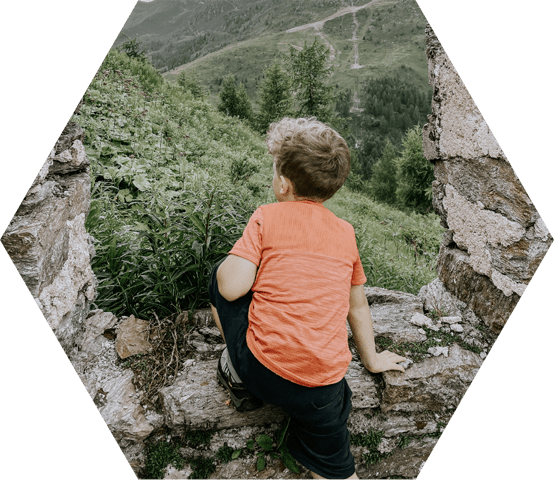
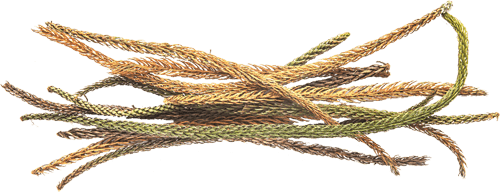
Tomás Saraceno: a scientific mind and a creative soul. Looking to the visionary work of one of the top contemporary artists to create a new behavioural ethics.
From the UN 2030 Agenda to sports federations, via innovation: sport is an ideal channel for spreading eco-friendly culture.
